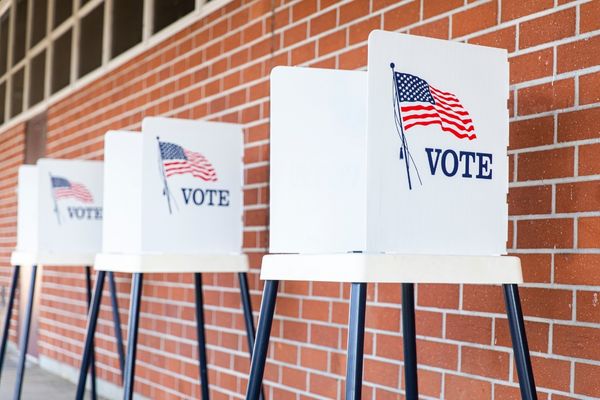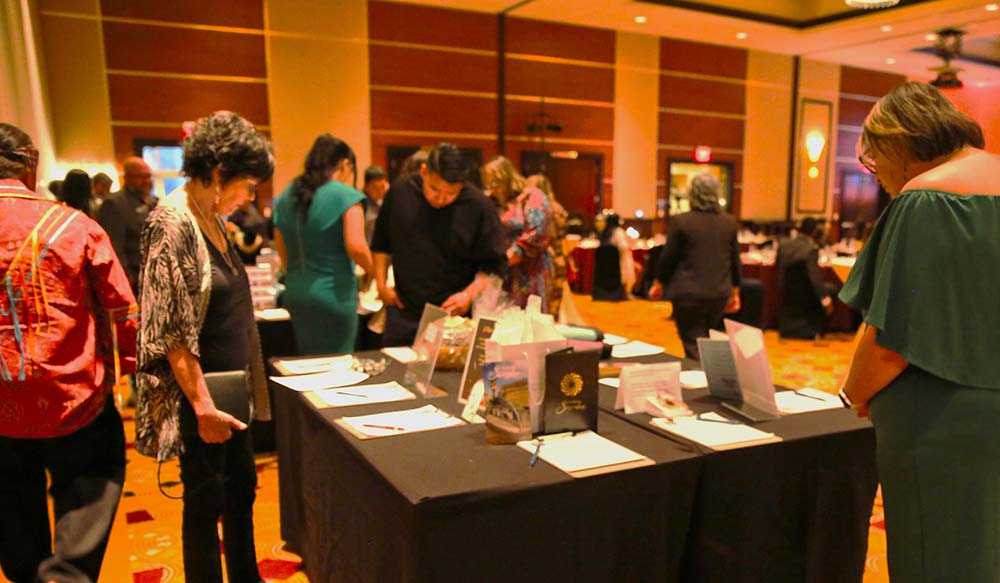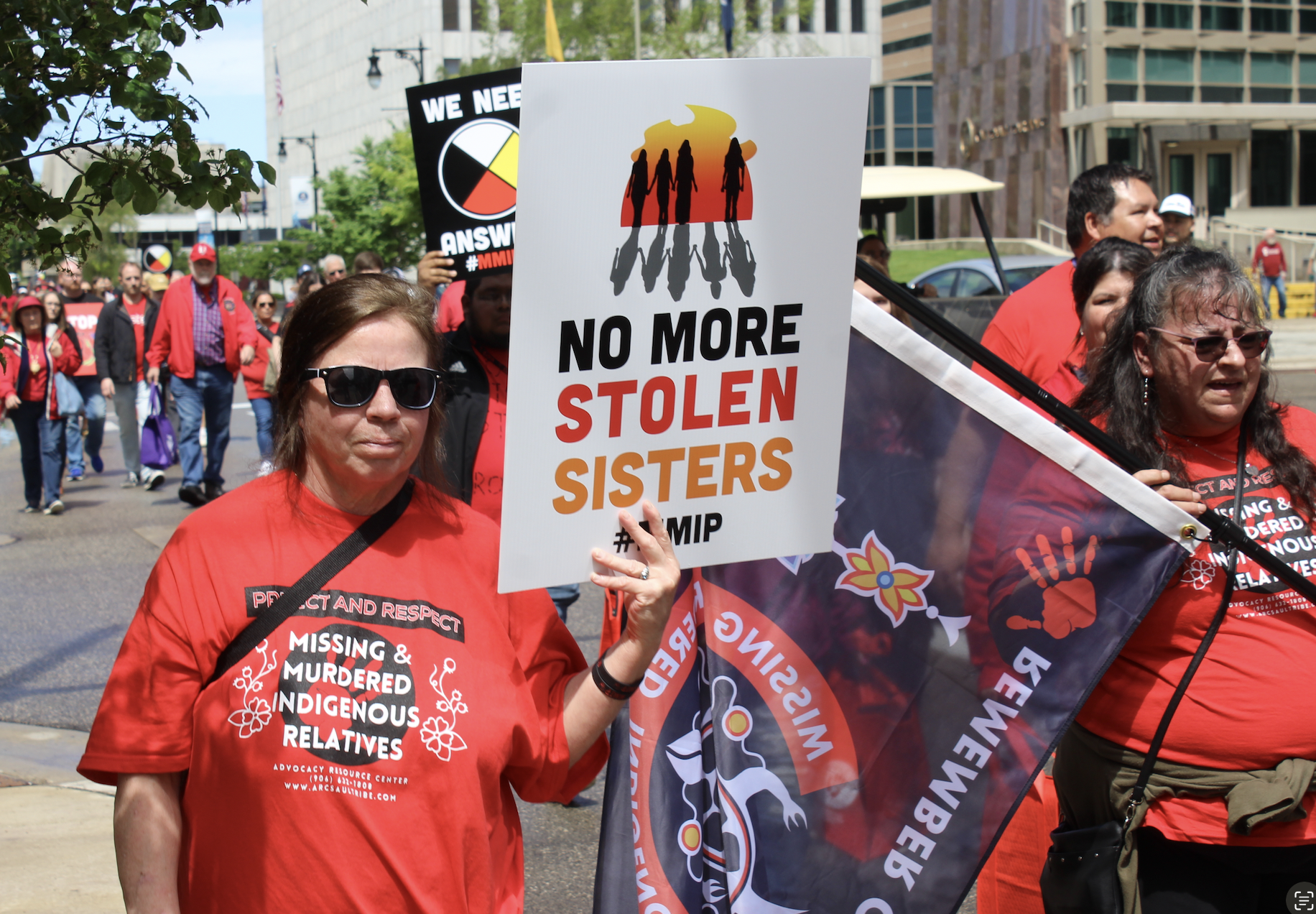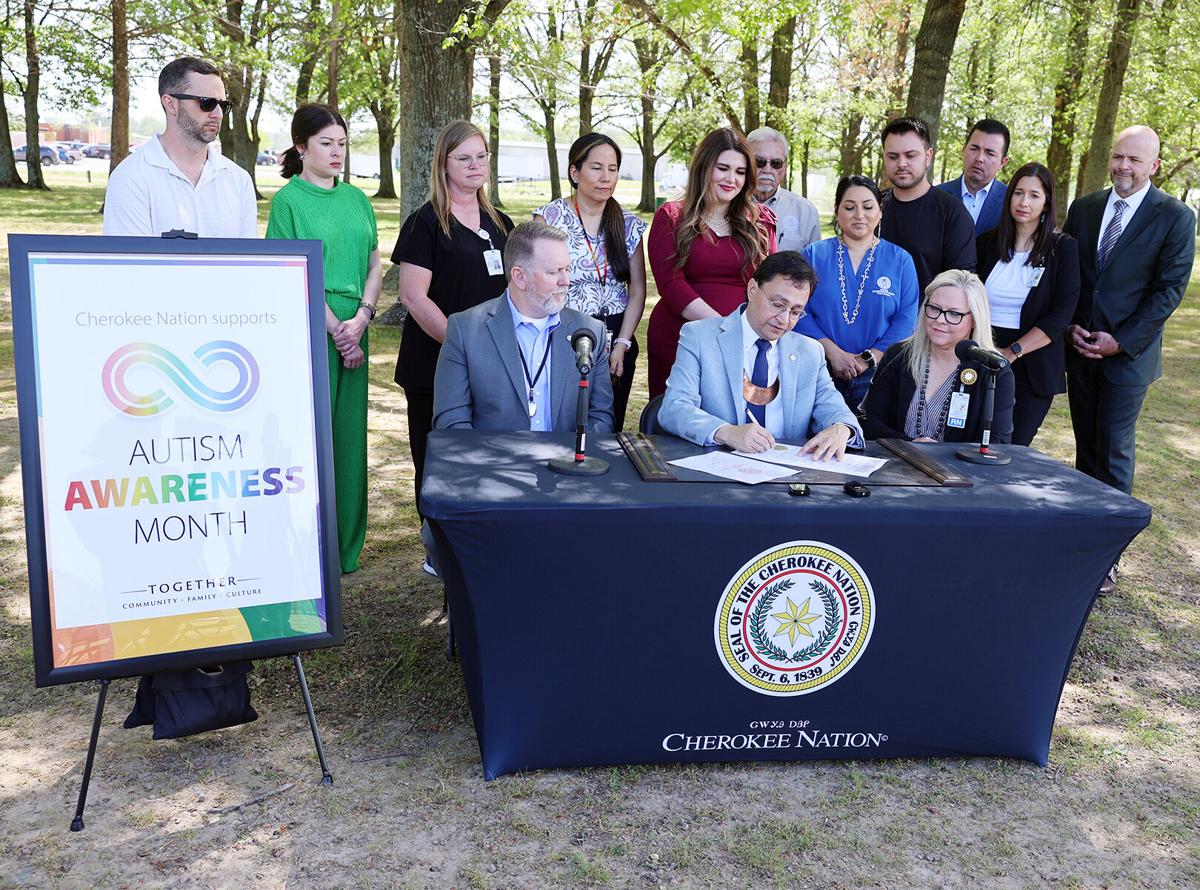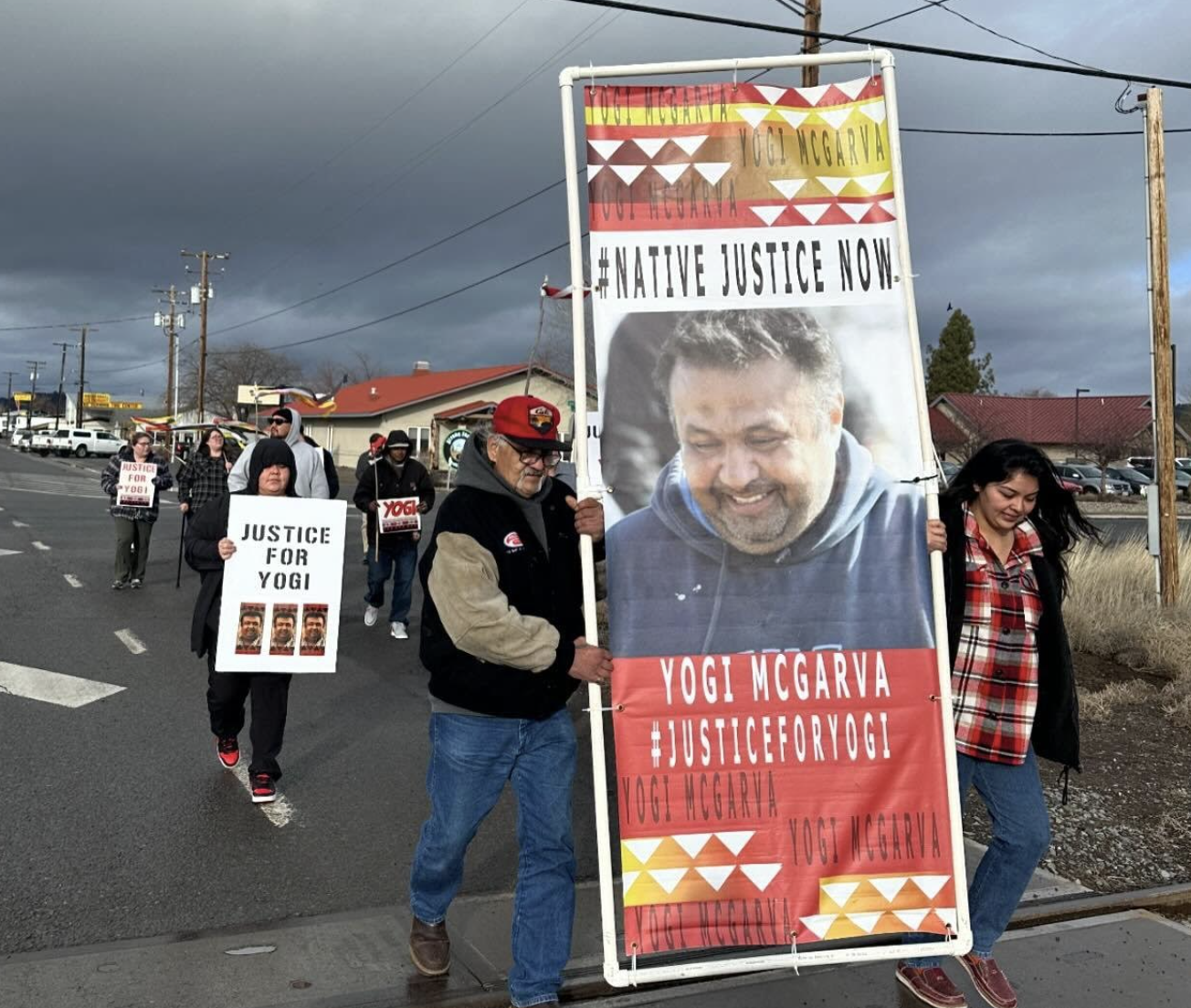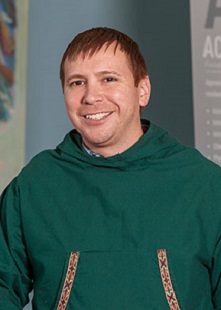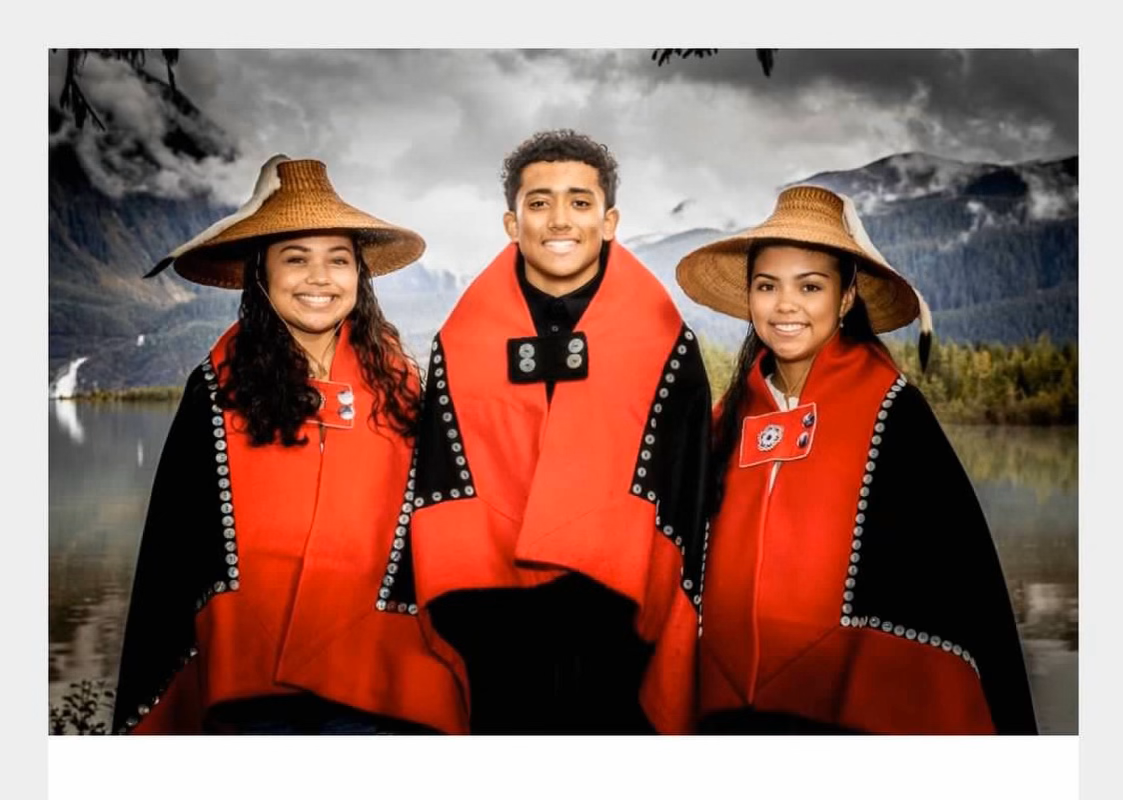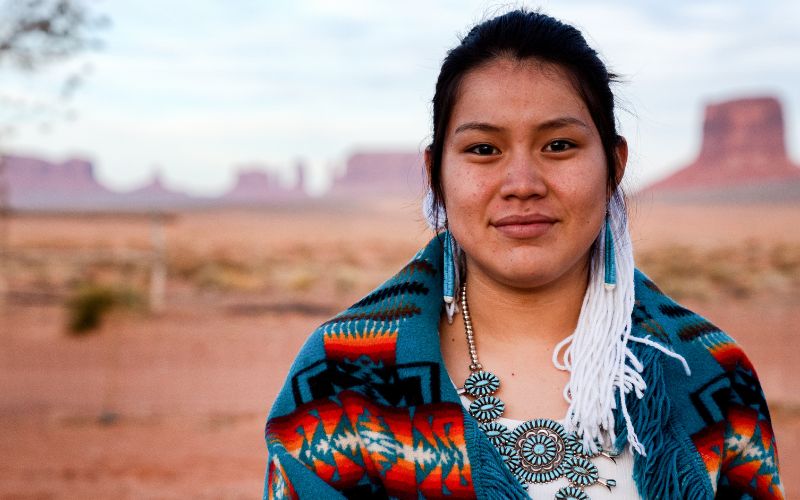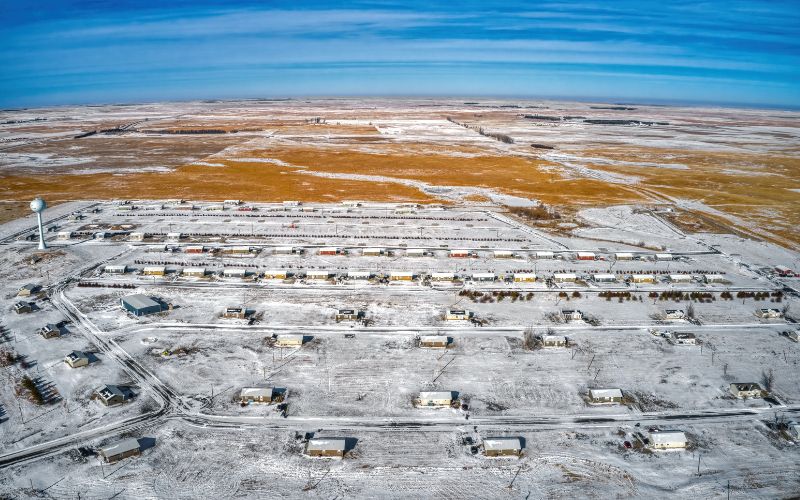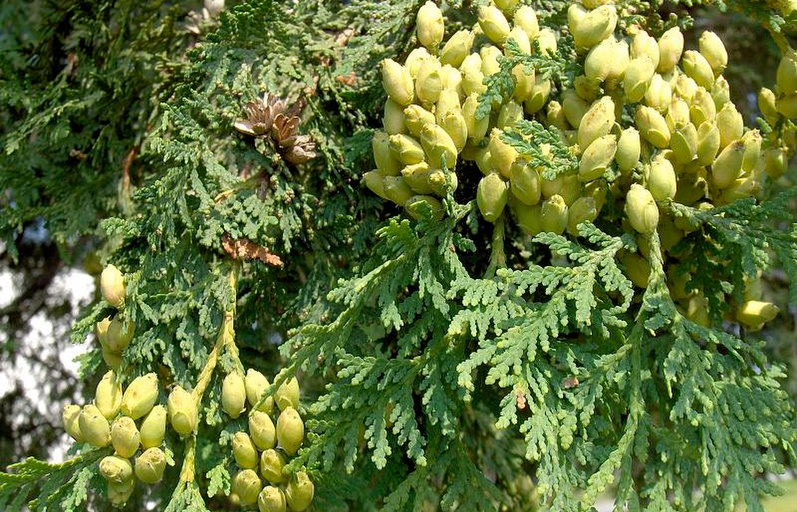
- Details
- By Native News Online Staff
HIV (human immunodeficiency virus) is a virus that attacks cells that help the body fight infection, making a person more vulnerable to other infections and diseases. It is spread by contact with certain bodily fluids of a person with HIV, most commonly during unprotected sex (sex without a condom or HIV medicine to prevent or treat HIV) or through sharing injection drug equipment. If left untreated, HIV can lead to the disease AIDS (acquired immunodeficiency syndrome).
The first case of AIDS was reported in 1981, igniting an epidemic that would last into the 1990s. Today, there are 1.8 million people living with AIDS in the United States, with approximately 35,000 new diagnoses each year.
American Indians/Alaska Natives have twice the rate of HIV infection as compared to their white counterparts, and they are more likely to die from it, according to the Centers for Disease Control (CDC).
In 2021, there were 223 new diagnoses of HIV infection among Native Americans, an increase of 18 percent from 2020. Men account for 79 percent of all new diagnoses, while women account for 21 percent.
In 2021, out of every 100 AI/AN persons living with HIV, an estimated 80 persons knew their HIV status – the lowest of any racial/ethnic group
In 2021, out of every 100 AI/AN persons with diagnosed HIV, 75 persons received some care, 52 persons were retained in care, and 64 persons had achieved viral suppression – on par with Blacks/African Americans, Hispanic/Latinos, and Native Hawaiian and other Pacific Islanders but below their White and Asian counterparts.
The theme of this year’s NNHAAD is “It’s All Relative, Our Experience Makes a Difference.” IHS, the Minority HIV/AIDS Fund, and the U.S. Department of Health and Human Services provided support to Kua’aina Associates, which partnered with the Northwest Portland Area Indian Health Board to produce a series of videos increasing awareness of HIV in Indigenous communities through the traditional of storytelling.
The videos feature Dr. Sophina Calderon (Diné), HIV officer for the Tuba City Regional Health Care Corporation; Brud Lum (Kānaka Maoli), long-term HIV/AIDS survivor, cancer survivor and LGBTQ+ community leader; and Lisa Tiger (Muscogee Nation and of Creek, Seminole, Cherokee), HIV survivor and AIDs educator.
In one of the videos, Tiger describes finding out she had HIV in the 1980s, during a time when the diagnosis was a death sentence. She recalls speaking with then Cherokee Nation Principal Chief Wilma Mankiller, who assured her that she would be OK. In the video, Tiger, a former gymnast, says she exercises every day — she is on a 5,000+ day streak. She can be seen doing a handstand and the splits, stretching across her muscular legs to touch her toes.
In another video, Lum says, “I get to show you what a survivor looks like.” He is filmed wearing traditional garb and performing a ceremony to honor his late kuma hula (hula teacher), who died of AIDS in 1989. Today, Lum is a kuma hula himself.
Calderon speaks in another video about a positive shift around HIV education in her community. “When I first started, I would see patients with a low t-cell count and a high viral load without knowing how long they had the infection. But now I’ve seen a shift where there is a lot more education out there about getting tested and getting people to get tested much sooner and at regular intervals before they even get sick.”
HIV is spread from the body fluids of an infected person, including blood, breast milk, semen and vaginal fluids. It can also spread from a mother to her baby. For those who are at higher risk for contracting HIV, PrEP (pre-exposure prophylaxis) in the form of pills or shots can reduce your risk. For those who have contracted HIV, treatment can greatly reduce the amount of HIV in your blood and prevent it from spreading to others. The CDC recommends using condoms during sex to reduce the risk of transmitting HIV.
Contact your healthcare provider to get tested for HIV. For more information about HIV/AIDS, visit nnhaad.org.
More Stories Like This
Rising Youth Mortality Rates Hit Native American, Black Youth the HardestFacing Unchecked Syphilis Outbreak, Great Plains Tribes Sought Federal Help. Months Later, No One Has Responded.
Meet the Native American Activist Fighting the Crisis of Missing and Murdered Indigenous Peoples with Ohkomi Forensics
Natives Have Worst Health System Outcomes in States with Highest Native Populations
April is Autism Acceptance Month



